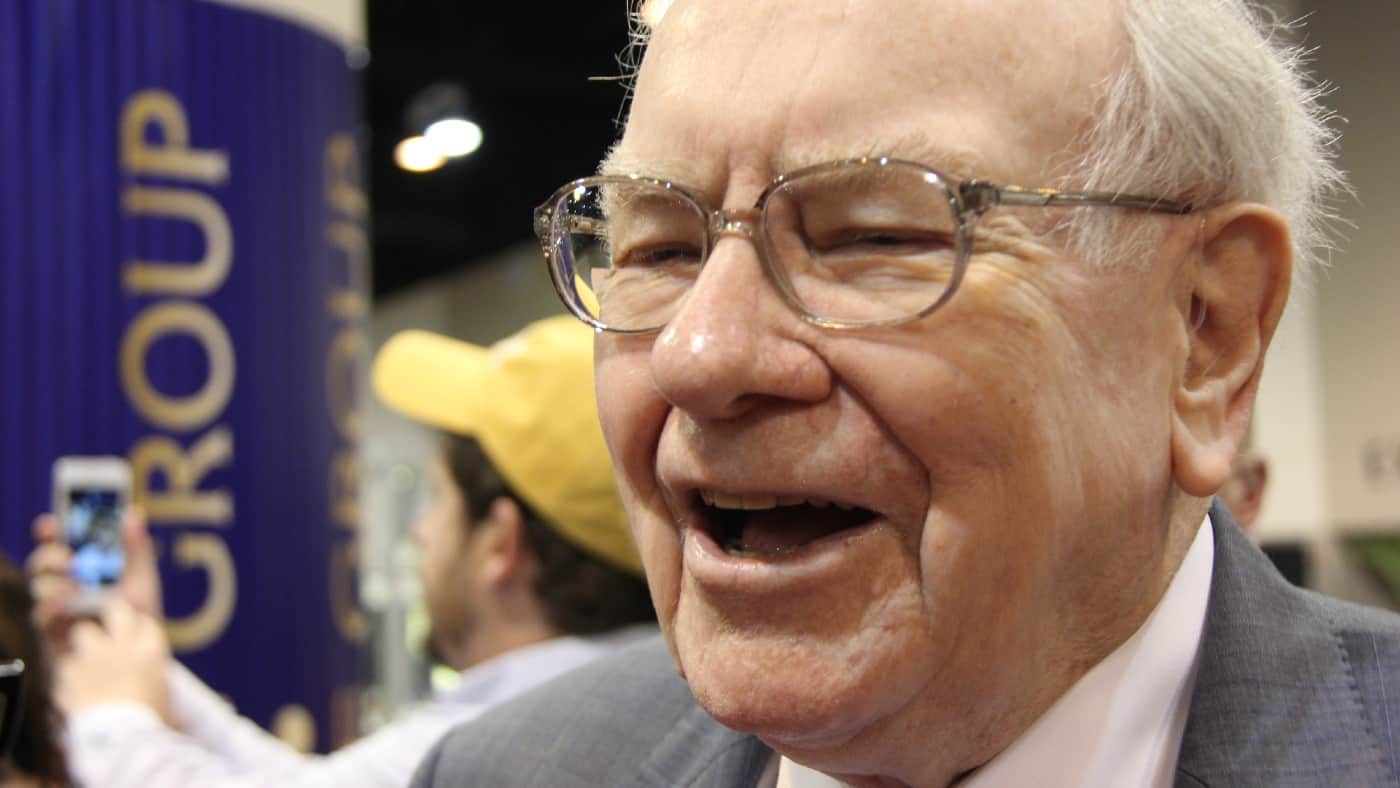Last week, I drew on the wisdom of one of the world’s greatest investors — Warren Buffett — as a way of coping with January’s stock market tumble. Today, I’m returning to the ‘Sage of Omaha’ for guidance on how I can cope with inflation. It turns out that Buffett’s method is actually pretty simple.
How Warren Buffett beats inflation
Buffett recommends buying stock in companies that are capable of passing on price increases to the consumer. But why?
Well, as he said: “If you’ve got the power to raise prices without losing business to a competitor, you’ve got a very good business“.
Should you invest £1,000 in Unilever right now?
When investing expert Mark Rogers has a stock tip, it can pay to listen. After all, the flagship Motley Fool Share Advisor newsletter he has run for nearly a decade has provided thousands of paying members with top stock recommendations from the UK and US markets. And right now, Mark thinks there are 6 standout stocks that investors should consider buying. Want to see if Unilever made the list?
This power is often the result of having a strong brand. But it can also relate to the amount a company is able to spend on developing new products.
Having a strong control on distribution, or huge marketing clout, also helps. Many companies have some or all of these attributes. Collectively, they make up what the master investor labels as a ‘moat’ to fend off rivals.
The fact that Buffett was able to grow wealth during the 1970s (when inflation exploded in the US) is evidence that this method can work wonders. So which stocks might be worth me buying today?
Stocks to buy now
In the US, I’d say tech giant Apple is a good buy now. Regardless of how similar it is to the previous model in terms of capability, and even though some cash-strapped consumers may well decide to swap brands, we know many people will pay top-dollar to have the newest iPhone.
Even those who only replace their phone (or tablet, headphones or smartwatch) every few years they find it hard to leave the Apple ecosystem due to the hassle involved.
It’s this friction that is so incredibly valuable. It should come as no surprise that Buffett is heavily invested in the business.
When it comes to the UK, I remain convinced that FTSE 100 stock Unilever is a great pick. I know for a fact I’d be willing to pay a few pennies more for my Marmite fix. That’s the case even if it meant making sacrifices elsewhere.
Sure, things have been a little unsettling for holders of late. Its bid for GlaxoSmithKline‘s consumer healthcare business failed. Star fund manager Terry Smith’s suggestion that the firm is too focused on its sustainability credentials can’t have helped sentiment either.
However, the share price is now below where it stood when the UK first went into lockdown in 2020. Considering the blue-chip’s bursting portfolio of brands, that looks like an opportunity to me.
It may take time for Unilever’s inflation-busting attributes to shine through. However, there’s a 3.9% dividend yield to make up for it.
Safety in numbers
Of course, buying stock in a company with pricing power doesn’t guarantee anything. The share prices of both Apple and Unilever can easily slide along with those of inferior companies when the markets panic.
However, I’d certainly sleep more soundly knowing that the businesses I part-own have shown an ability to take the sting out of inflation in the past.
Spreading my money around a number of these should give me the best chance of coming through this purse-tightening period relatively unscathed.








